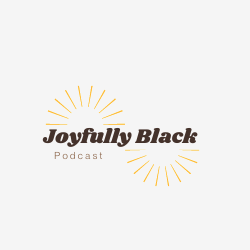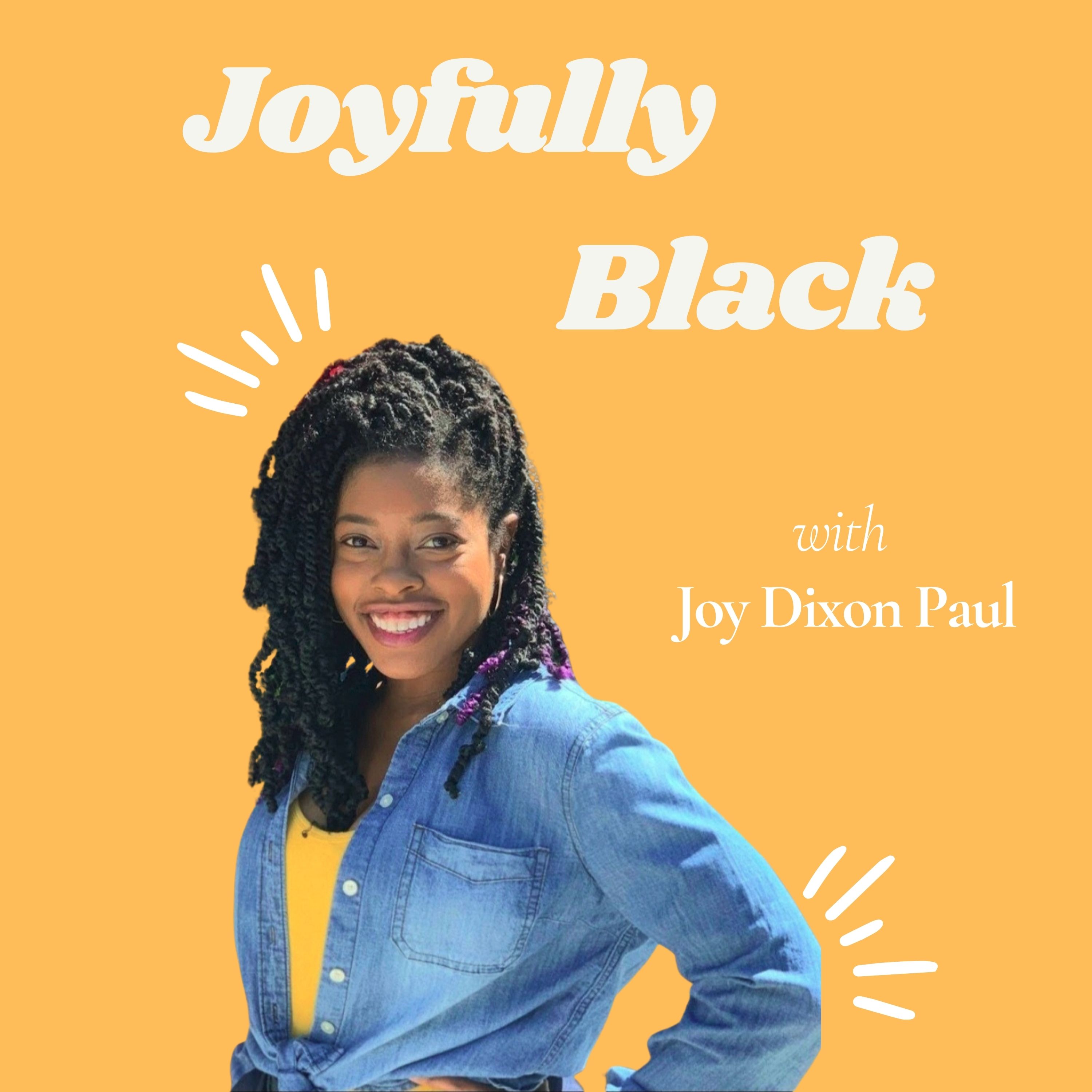Time for 2022 Intentions
In this solo episode, Joy discusses the differences between resolutions and intentions, why intentions are the new Black, and how to set your own for 2022.
What's your one-word or short phrase intention for 2022?
DM your intention and why you're choosing it on Instagram (at) joyfullyblk or email at joyfullyblk@gmail.com
Stay Connected
Want to recommend a topic or guest for Joyfully Black? Let us know here
Use the hashtag #JoyfullyBlack to share what you enjoyed about this episode.
Make sure to follow us on Instagram: @joyfullyblk
Transcript
Joy 0:23
Hello there! Welcome to the Joyfully Black Podcast, where we have candid conversations with Black women on nourishing their mental well-being while balancing career, family life, and community care.
I'm your host Joy Dixon, a public health professional turned woman in tech who rarely turns down a volunteer opportunity and lover of seeing people thrive in their zone of genius.
As we come to the close of:Typically, resolutions focus on a goal that is designed to fix a problem or a decision not to do something, like stopping eating cookies. The problem with resolutions is that they are too big, they often don't include specific steps you’ll take to achieve them, there is rarely a process of tracking or accountability, and they lack objectivity. Plus, if you fail to achieve going to, let’s say, the gym or working out at home four times a week, you’re more likely to feel like a failure and drop the resolution — this is why you see so many people join and attend the gym in January, returning to normal around the end of February.
Now, intentions are different. Intention-setting is less about a specific goal and more about a shift in mindset to help achieve that goal.
Intentions allow us to see our goals and start to cultivate the journey towards them; compel us to pause and look at what's working, what's not working, and why.
Intentions can also be reframed. They can be revisited, altered, softened, and adapted to each situation that crops up. Ok, let's think of an example. Let's use... exercise. A goal would be: I'm going to go to the gym four times a week. But if we were to ask ourselves, what we want to actually get out of exercising regularly, the answer might be: to feel free in my body, to be able slide into our jeans versus jumping into them, and listen, y'all know about jumping in jeans. Another might be to have more energy.
So, with this example: the intention might be: I intend to incorporate more movement in my day. Now, the possibilities are endless. You could go for a walk. You could go to a Zumba class. Heck, you could even go rollerblading. I Have no idea why that came to mind. I don't think I've even gone rollerblading in like, four years, but you get my drift. Listen, rollerblading aside, maybe you don't want to go to Zumba because we're trying to stay COVID safe. Okay. You could even have a solo dance party in your living room if that's your jam.
Either way, there isn't judgment on how you get the movement in because, let's face it. Life happens, and you just aren't able to go to the gym or press play on a home workout video. Even if, let's say you have a Peloton or - this is not sponsored by Pelaton by the way although if you want to or if anyone from Pelaton is listening, holla at your girl. Maybe, you're not able to hop on your Peloton or if you have a treadmill at home.
But guess what? You can still meet your intention even if HOW you meet it looks different than the day before whereas resolutions they are focused on one end point.
Now, some folks may ask: when is a resolution or let's say kind of all-or-nothing approach appropriate? Cases of abuse or addiction. For any therapists who are listening, please feel free to DM any other examples you use with your clients you may counsel.. I'm thinking the only time a resolution or all or nothing approach would be on those instances of addiction or abuse. That’s when an endpoint or an all-or-nothing approach is definitely needed.
But barring those, we can make room for intentions because Intentions allow room for grace, and we could all use a bit of that. So, an intention-setting practice I use is deciding on a one-word or short phrase intentions just to keep things simple. Because as women who are on the go, even if you're working from home just juggling all the things, simplicity is so wonderful right?
g busy for no reason. Then my:So, I'm going to share my 2022 Word in an upcoming episode, but I would love to hear from you in the meantime.
or short phrase intention for:I'd love for you to DM me with your intention and why you're choosing it on Instagram at joyfullyblk, or you can send me an email at Joyfullyblk@gmail.com. We'll share a few of your comments in a future episode. Seriously, I love hearing from you all!
can kick that to the curb for:So, thank you. I'm so glad we had this time together. I'm so excited about our guests in January, including Melissa Procter, the CMO (a Chief Marketing Officer) and Executive Vice Presiden of the Atlanta Hawks. I'm excited to have her among other folks, like Esi Bracey. I am just excited to have her join us and for you all to tune in of course
look forward to seeing you in:
